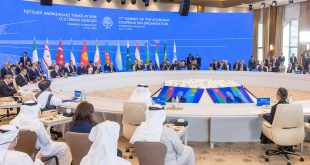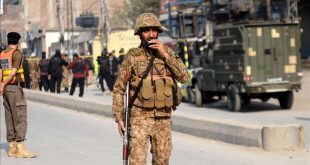KABUL – Germany’s controversial plan to restart deportations of Afghan refugees has drawn sharp criticism from the United Nations, highlighting the growing tensions between Europe’s tightening immigration policies and global humanitarian concerns.
Interior Minister Alexander Dobrindt recently signaled a willingness to negotiate directly with the Taliban regime to facilitate the deportation of Afghans currently living in Germany. This marks a stark policy shift, as Germany has suspended deportations to Afghanistan since the Taliban’s return to power in 2021.
However, the UN Human Rights Office and refugee agencies quickly condemned the proposal. Ravina Shamdasani, spokesperson for the UN Human Rights Office, described the move as “not appropriate,” citing continued reports of widespread human rights violations in Afghanistan, including restrictions on women’s rights, political repression, and ongoing violence.
Arafat Jamal from the UN Refugee Agency (UNHCR) in Kabul echoed these concerns, emphasizing that a “non-return advisory” remains in place. “Conditions on the ground are not yet ready for returns,” he said. “We urge countries not to forcibly return people to Afghanistan.”
Germany’s push comes amid growing pressure from far-right groups and a political climate increasingly hostile to immigration. Chancellor Friedrich Merz’s conservative government has vowed to significantly reduce the number of refugees accepted, with Interior Minister Dobrindt proposing a cap well below 200,000—down from nearly 230,000 initial asylum applications last year.
While Germany does not officially recognize the Taliban government, Dobrindt expressed frustration with the current indirect contacts via third parties, insisting that “this cannot remain a permanent solution.” Last August, Germany deported 28 Afghan nationals convicted of crimes, assisted by Qatar, highlighting a willingness to pursue selective returns despite ongoing concerns.
This policy debate unfolds just days after Russia made headlines by becoming the first country to formally recognize the Taliban government—underscoring divergent international approaches to Afghanistan and its refugee crisis.
As Germany grapples with balancing national security and humanitarian obligations, the controversy spotlights a broader European dilemma: how to protect vulnerable refugees while addressing domestic political pressures and complex diplomatic realities.
 Afghanistan Times
Afghanistan Times




